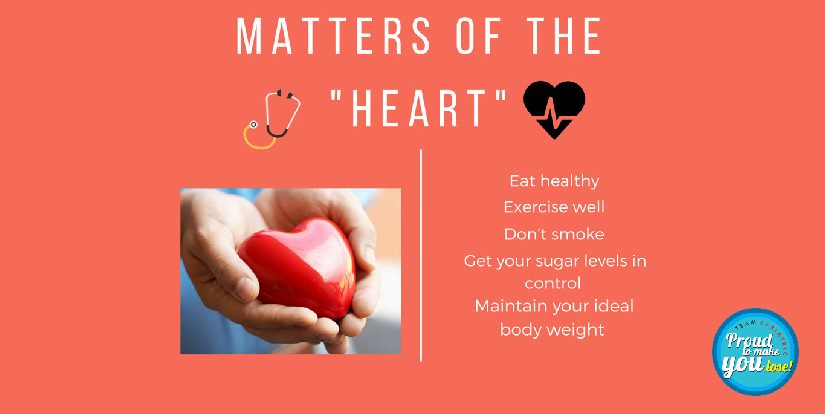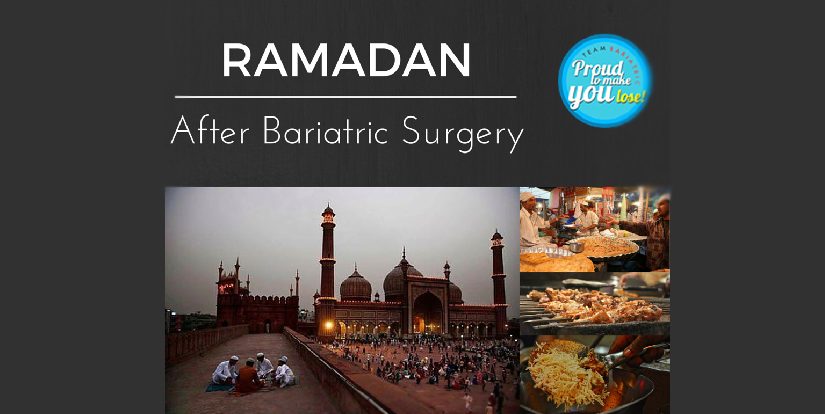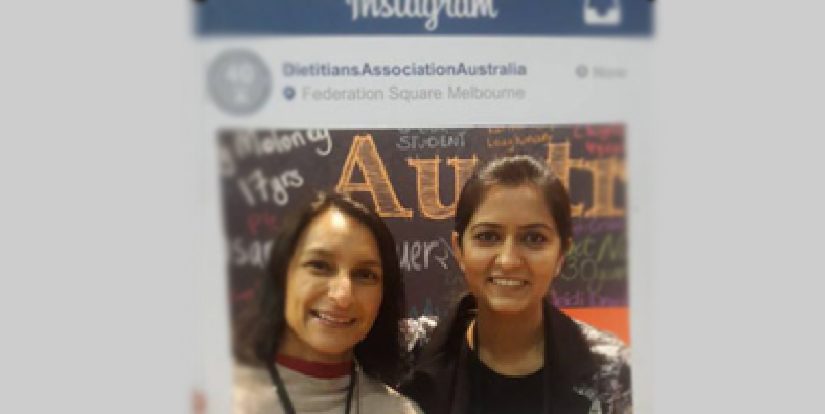How to Prevent Heart Diseases: Key Risk Factors and Prevention Tips
Last week kept me busy with the sudden sad news of my cousin in Chandigarh. A joyful gentleman, in his late 40’and a businessman by profession, he suffered a heart attack and had to undergo a bypass, as the angiography showed a triple vessel disease. The surgery went well and he is recovering from it now. While I was travelling back alone…..after the entire hustle bustle before and during my stay in Chandigarh…one thought crossed my mind…could this situation have been prevented? I knew that he had diabetes and was overweight, to add to the insult, was a social guy (a social drinker)
This incidence has put me right backon the track to start my regular gym, which had taken a back seat in the last few weeks due to my travelling and also me being a bit lazy and blame it on the heat and summers in Delhi!!
With this thought in my mind…I would like to share some information with you all…which will give you some insight about how you can prevent cardiovascular disorders.
Did you know cardiovascular disease is the leading global cause of death, accounting for 17.3 million deaths per year, a number that is expected to grow to more than 23.6 million by 2030. Cardiovascular diseases claim more lives than all forms of cancer combined. (As per the 2015 Heart Disease and Stroke Statistics Update, which is compiled annually by the American Heart Association, the Centers for Disease Control and Prevention, the National Institutes of Health and other government sources.)
Are you at a risk? It is very important to be aware of the potential risk factors of heart disease. Once you know about them it is very important to eliminate them or include them in your life as per the requirements. It’s time to start treating your body as a temple and follow some discipline in your life.
Heart Disease, Stroke and Cardiovascular Disease Risk Factors
Diabetes
If you have diabetes your risk of developing cardiovascular disease increases two to four times, when compared to people without diabetes. Cardiovascular disease is the leading cause of mortality for people with diabetes.
If you control your blood glucose you can reduce your risk of a cardiovascular disease event by 42% and the risk of heart attack, stroke, or death from cardiovascular disease by 57%.
Uncontrolled diabetes causes damage to your body’s blood vessels making them more prone to damage from atherosclerosis and hypertension. People with diabetes develop atherosclerosis at a younger age and more severely than people without diabetes.
Smoking
Worldwide, tobacco smoking (including second hand smoke) was one of the top three leading risk factors for disease and contributed to an estimated 6.2 million deaths in 2010.
Smoking is one of the main promoters of cardiovascular disease. It damages the endothelium (the lining of the blood vessels), increases fatty deposits in the arteries, increases clotting, raises low-density lipoprotein cholesterol, reduces high-density lipoprotein and promotes coronary artery spasm.
I often tell my patients you can either have a healthy heart or smoke…the choice is yours!!
Low Physical Activity
The World Health Organization believes that more than 60% of the global population is not sufficiently active.
It is proven that if you are physically active you will increase your life span. Physical activity, at any age, is helpful for you, it protects against a large number of chronic health problems including many forms of cardiovascular disease.
It helps you by maintaining your weight and improving your body’s use of insulin. Being maintains your blood pressure, blood lipid levels, blood glucose levels, blood clotting factors, the health of your blood vessels and inflammation, which is powerful promoter of cardiovascular disease.
Studies show that doing more than 150 minutes (2 hours and 30 minutes) of moderate physical activity or an hour of vigorous physical activity every week will reduce your risk of coronary heart disease by about 30%.Even if you have existing risk factors for cardiovascular disease, if you keep active the evidence suggests that this may lower your risk of premature death compared to inactive people with no risk factors for cardiovascular disease.
I can go on keep writing about this as you all know I strongly believe in this…I “preach what I practice”
A High Fat Diet
As per this recent update, eating patterns have changed dramatically in recent decades. Research from 1971 to 2004 showed that women consumed an average of 22 percent more calories in that span and men consumed and average of 10 percent more.
A study did comparisons between a diet low in saturated fats, with plenty of fresh fruit and vegetables, and the typical diet of someone living in the developed world show that there is a 73% reduction in the risk of new major cardiac events in the first diet.
It is very important to maintain a diet rich in vegetables, fruits, legumes and whole cereals and low in fats and sugars. Especially saturated fats, as not all fats are bad. You need your daily dose of omega 3 and 6 PUFA through your diet.
Obesity
Obesity is an epidemic; there are 400 million adults worldwide who are obese and one billion who are overweight. The prevalence of obesity was estimated at 205 million men and 297 million women.Children are getting fatter too. Worldwide, 17.6 million children under five are estimated to be overweight.
If you are overweight you may develop diabetes, hypertension and atherosclerosis. These conditions will put you at high risk of cardiovascular disease.
Obesity and diseases related to it, are a vicious circle, which needs to be broken. As one leads to the other and it will never end.
In the end, to sum it all:
- Eat healthy
- Exercise well
- Don’t smoke
- Get your sugar levels in control
- Maintain your ideal body weight
Just few baby steps each day towards your health will make sure you lead a healthy and a peaceful life…because there is nothing more important in this world than your health….so please take care of it!!
Take control of your heart health today! Start by assessing your risk factors and adopting a healthier lifestyle. For personalized guidance and support, consult with a top metabolic surgeon in your area. Your heart will thank you!
Bye For now.. Need to hit the gym!!









